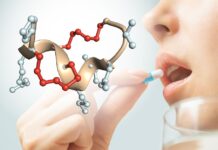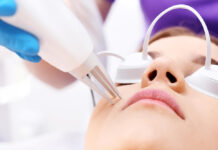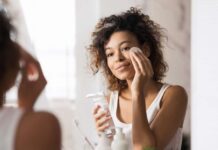
Acne is caused primarily by hormones; however, recent studies have shown a correlation between vitamin intake and acne. While hormones are the main cause, acne can be caused by various reasons, including natural factors as well as external stimuli. Certain medications do help limit acne.
Human skin is the largest organ on the body, and it changes dramatically due to a multitude of factors. Some of them include age, exposure to sunlight, illness, and dehydration. In terms of hormones, specifically sex hormones (testosterone and estrogen), cortisol and thyroid are the main ones to blame when it comes to breakouts.
Research has shown that some of the most effective vitamins and minerals that counter acne are vitamin A, vitamin D, vitamin E, zinc, niacinamide, and vitamin C. Here are why they are the best vitamins for acne!
Before you move on, you should know that more of these supplements can be found at https://www.vitasave.ca/collections/natural-factors.
1. Vitamin A
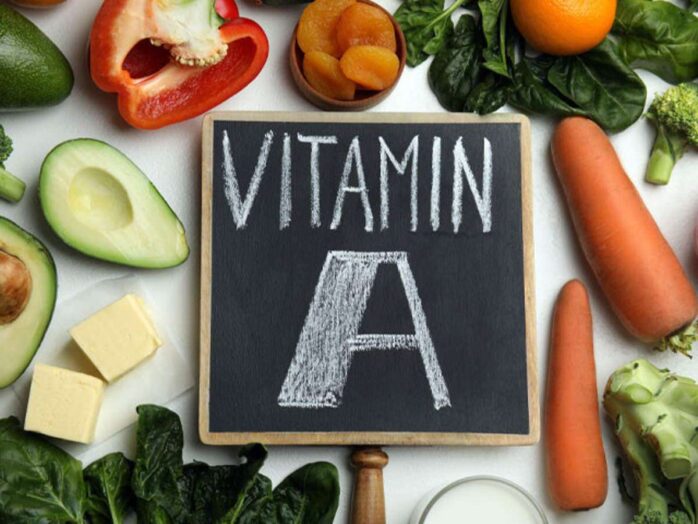
A derivative of vitamin A known as retinol in the skincare market is one of the most effective ingredients in skincare products. Retinol needs to be started from a low concentration to avoid any adverse effects. Retinol makes skin worse before it gets better; therefore, it needs a little bit of patience to receive the best results.
Vitamin A shows its best effects when directly applied to the skin instead of pills. It only shows results when taken in high doses orally. It needs to be applied in small quantities on the skin.
It’s not recommended to take vitamin A supplements orally for long-term acne treatment. It can result in hypervitaminosis A, which causes a series of extreme symptoms in the body. Safer options are tazarotene, tretinoin, and adapalene, all of retinol variants.
2. Zinc
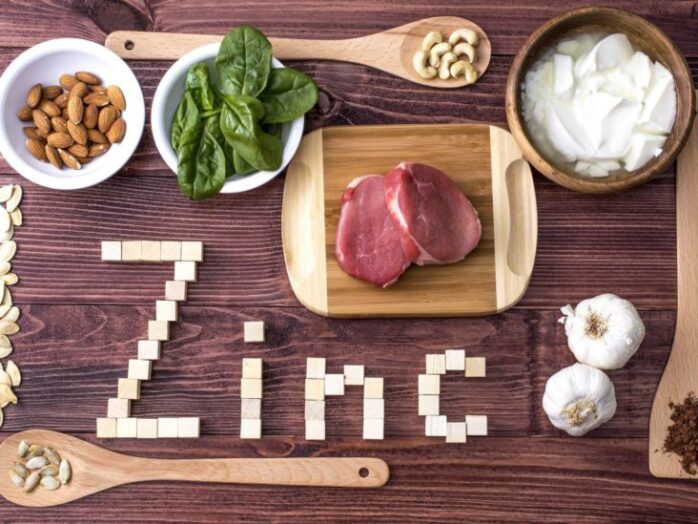
Zinc’s main properties aid healing, countering inflammations and protecting the skin against UV exposure. Zinc is known to help fight skin diseases like eczema and acne.
Zinc is usually supplied to the body through a balanced diet, particularly rich foods including red meat, beans, and nuts. This mineral is known to directly affect sebum production. Clogged pores cause acne as a result of excessive sebum production.
Adverse effects of zinc overdose include copper deficiency as zinc forms bonds with copper. This results in unpleasant symptoms like nausea, cramps, and diarrhea.
3. Vitamin D
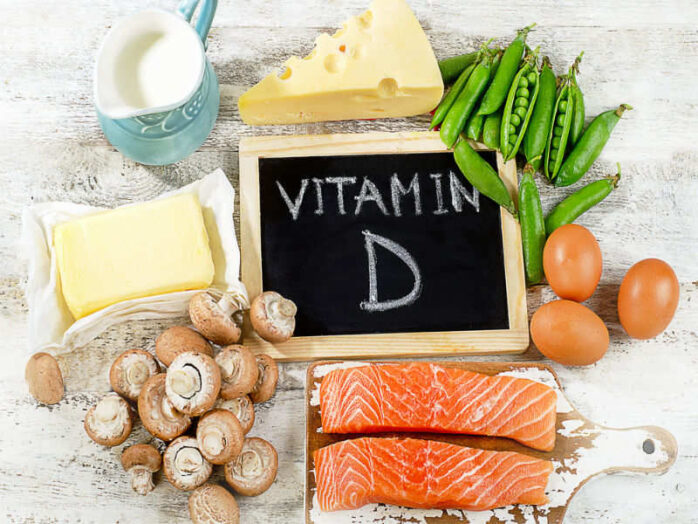
Vitamin D is most commonly associated with healthy bones. However, a pattern has been observed in patients with vitamin D deficiency. Such patients have acne. Further research has successfully established a correlation between vitamin D deficiency and acne.
Vitamin D is primarily found in milk and in sunlight. However, many people find themselves to be deficient and have symptoms like aching and weak bones, and acne. Vitamin D also aids with inflammation.
4. Niacinamide
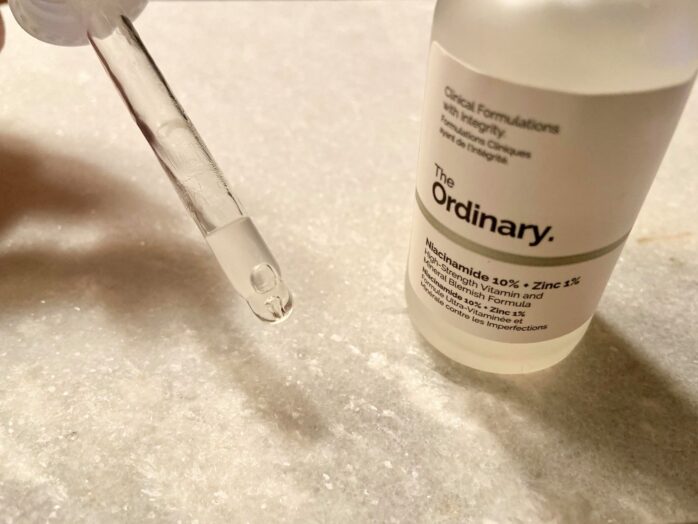
Vitamin B3, commonly known on the shelves as niacinamide, is one of the most popular skincare ingredients. It is known to decrease sebum production and consequently reduce acne. Little evidence has been found in support of taking vitamin B3 supplements orally.
Niacinamide shows the best results when applied directly to the skin. The Ordinary has a very popular niacinamide serum, which is highly effective when treating acne.
While niacinamide can be taken as a supplement to reduce acne, its results in subjects are unpredictable, and it is preferred that it be paired with topical serums.
5. Vitamin E

Vitamin E has anti-oxidizing properties. It reduces inflammation and is great for fixing discoloration spots and removing scars. Vitamin E produces adverse effects on some people and makes acne worse instead of fixing it.
It is recommended to test the product on a small area of the skin to prevent these effects in advance. Vitamin E’s traditional function is to promote healing of the cells and repair scars.
6. Vitamin C
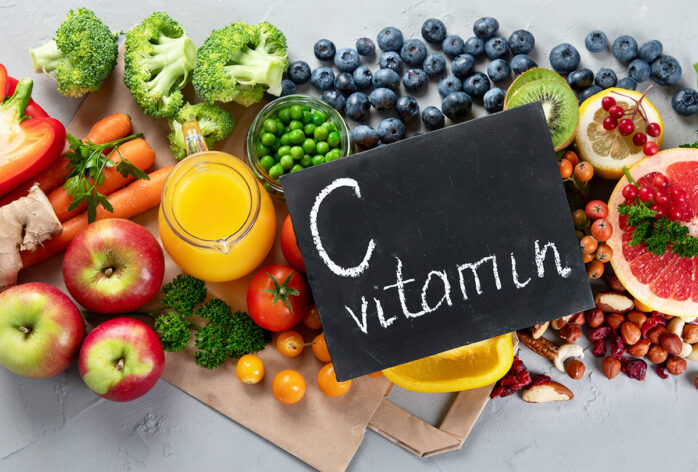
Vitamin C serums are another very commonly used skincare product. It is usually found on the shelves as SAP serums. SAP stands for sodium ascorbyl phosphate. Vitamin C is proven to have a strong effect against acne caused by propionibacterium.
Edible vitamin C supplements do not have any positive effect on acne. Only when applied directly on the face, will it result in any changes. This product produces the best results when used in combination with retinol.
It is anti-oxidizing and is known to freshen dull skin and reduce hyperpigmentation and dark spots.
7. Probiotics

One of the causes of acne is also gastric disturbances. One of the fundamentals to achieving clear skin is making sure everything inside is healthy and in tiptop condition. For this, probiotic supplements such as lactobacillus are used to prevent acne.
How do hormones affect acne?
Sex hormones have the side effect of producing excess sebum along with muscle, density, and body hair. Cortisol monitors the flight or fight response and impacts weight, while thyroid hormones play multiple roles, including metabolism and mood.
When the balance between these hormones is not maintained, one of the first symptoms is the skin breaking out.
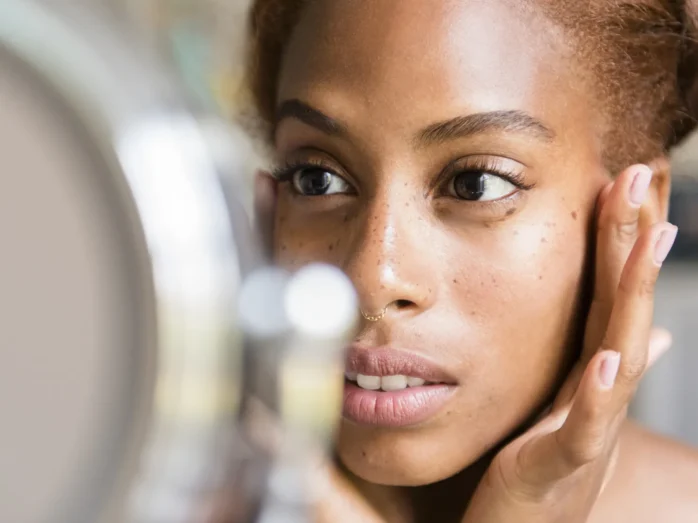
The main impact of sex hormones on acne
Sex hormones have a different impact on men and women. Testosterone is meant to deepen the voice, increase muscle mass, and often results in excessive secretion of sebum. Because of this, pores get clogged, and it results in acne. Testosterone is present in both men and women; however, its quantity is much lesser in women.
Testosterone levels rise in women before their period. This results in breakouts and pimples before a woman begins her period. These serves are the prime cause of acne.
Treatment
Testosterone levels high enough to cause acne are generally not a huge concern, however in some women, it is much higher than the regular levels of the hormones in women. This results in a deeper than normal voice, thick facial hair, and even infertility in many causes. This is known as polycystic ovary syndrome or PCOS. Generally, a balanced diet with vitamin A, D, E, and zinc is recommended to maintain healthy skin.
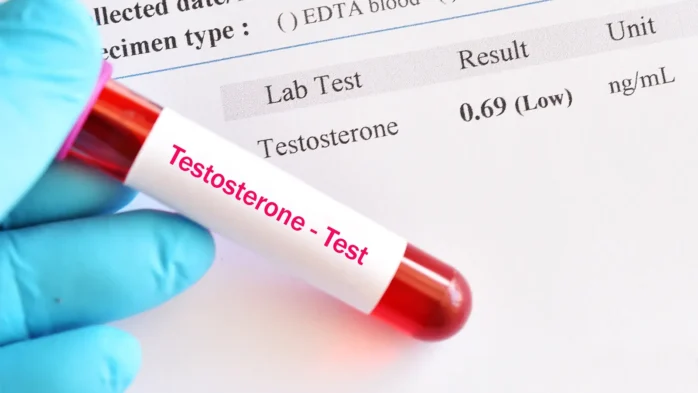
The conclusion
Acne is a normal phenomenon; however, it can prove to be a source of insecurity in people with acne. Sometimes the acne goes beyond the level of being normal. For this, timely treatment is required to prevent the formation of permanent scars on the skin.

